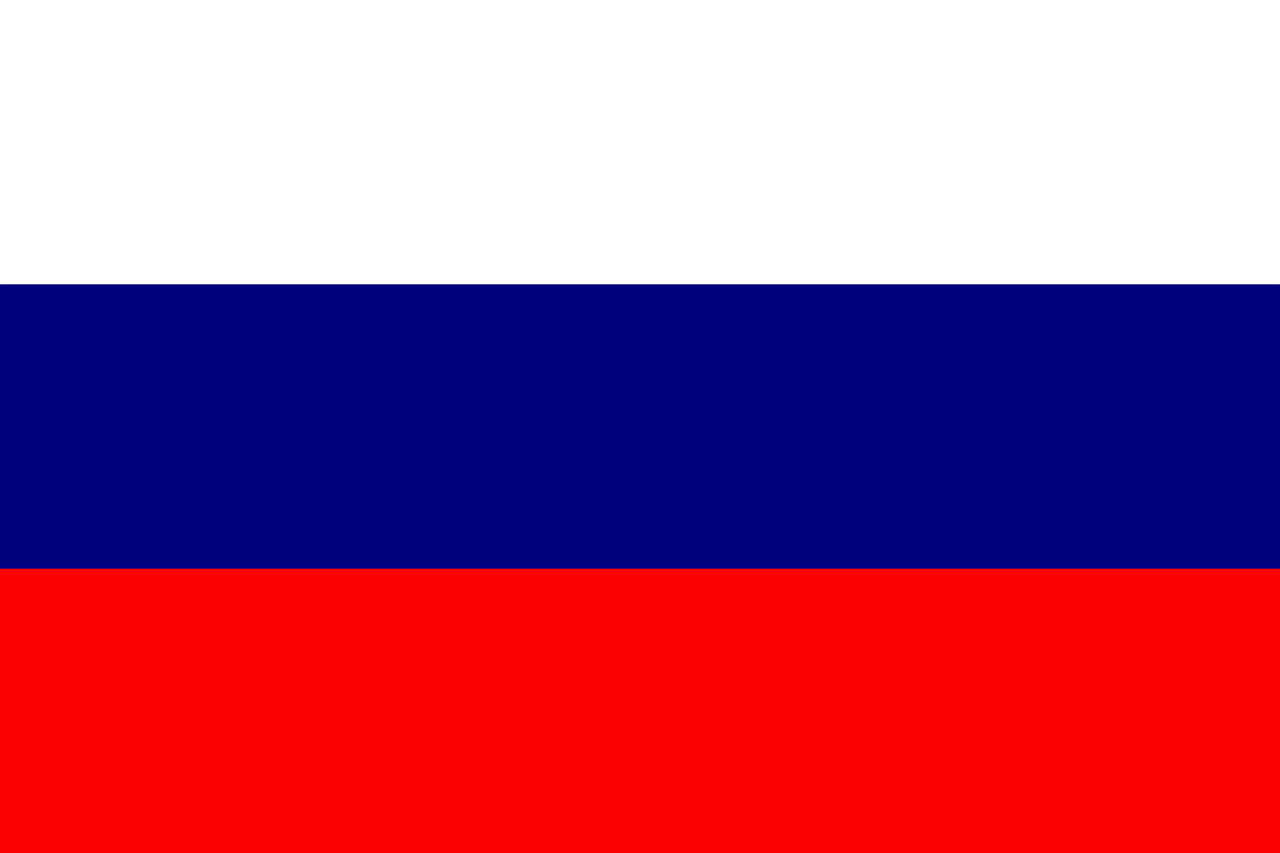
403
Sorry!!
Error! We're sorry, but the page you were looking for doesn't exist.
Russia's Push for Multipolar World Order, Role of UN
(MENAFN) Russia has been signaling a paradigm shift in its foreign policy since President Vladimir Putin's speech at the 2007 Munich Security Conference. The country aims to revise the Western-centric world system and reduce US hegemony by promoting a multipolar world order. However, Russia is not seeking to overthrow the entire international order or eliminate international organizations, including the UN. Instead, it attaches great importance to the UN as a means of reducing and balancing the influence of the US and the West in international politics.
To emphasize the importance of multilateralism, the Russian Foreign Minister Sergey Lavrov will chair an open debate on "effective multilateralism through the defense of the principles of the Charter of the United Nations" on April 24. China is increasingly in agreement with Russia's policy of creating a multipolar world order and also advocates for multilateralism.
Russia has called on other UN members to present new visions for the creation of a multipolar world order at this debate to replace the current unipolar world order. As Russia demands reforms to the Security Council, countries like Türkiye, Brazil, and India may respond to this call, further highlighting the vision of multilateralism in the UN.
Russia's promotion of multilateralism is not just about reducing Western influence but also about bringing non-Western countries together and escaping diplomatic isolation. While both Türkiye and Russia attach importance to the UN and believe that restructuring is necessary, there are some differences in their understanding of a multipolar world. For example, Russia has a different interpretation of Türkiye's motto for the Security Council, "The world is bigger than five," as President Recep Tayyip Erdogan says.
To emphasize the importance of multilateralism, the Russian Foreign Minister Sergey Lavrov will chair an open debate on "effective multilateralism through the defense of the principles of the Charter of the United Nations" on April 24. China is increasingly in agreement with Russia's policy of creating a multipolar world order and also advocates for multilateralism.
Russia has called on other UN members to present new visions for the creation of a multipolar world order at this debate to replace the current unipolar world order. As Russia demands reforms to the Security Council, countries like Türkiye, Brazil, and India may respond to this call, further highlighting the vision of multilateralism in the UN.
Russia's promotion of multilateralism is not just about reducing Western influence but also about bringing non-Western countries together and escaping diplomatic isolation. While both Türkiye and Russia attach importance to the UN and believe that restructuring is necessary, there are some differences in their understanding of a multipolar world. For example, Russia has a different interpretation of Türkiye's motto for the Security Council, "The world is bigger than five," as President Recep Tayyip Erdogan says.

Legal Disclaimer:
MENAFN provides the
information “as is” without warranty of any kind. We do not accept
any responsibility or liability for the accuracy, content, images,
videos, licenses, completeness, legality, or reliability of the information
contained in this article. If you have any complaints or copyright
issues related to this article, kindly contact the provider above.


















Comments
No comment